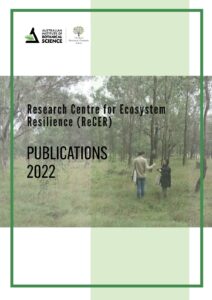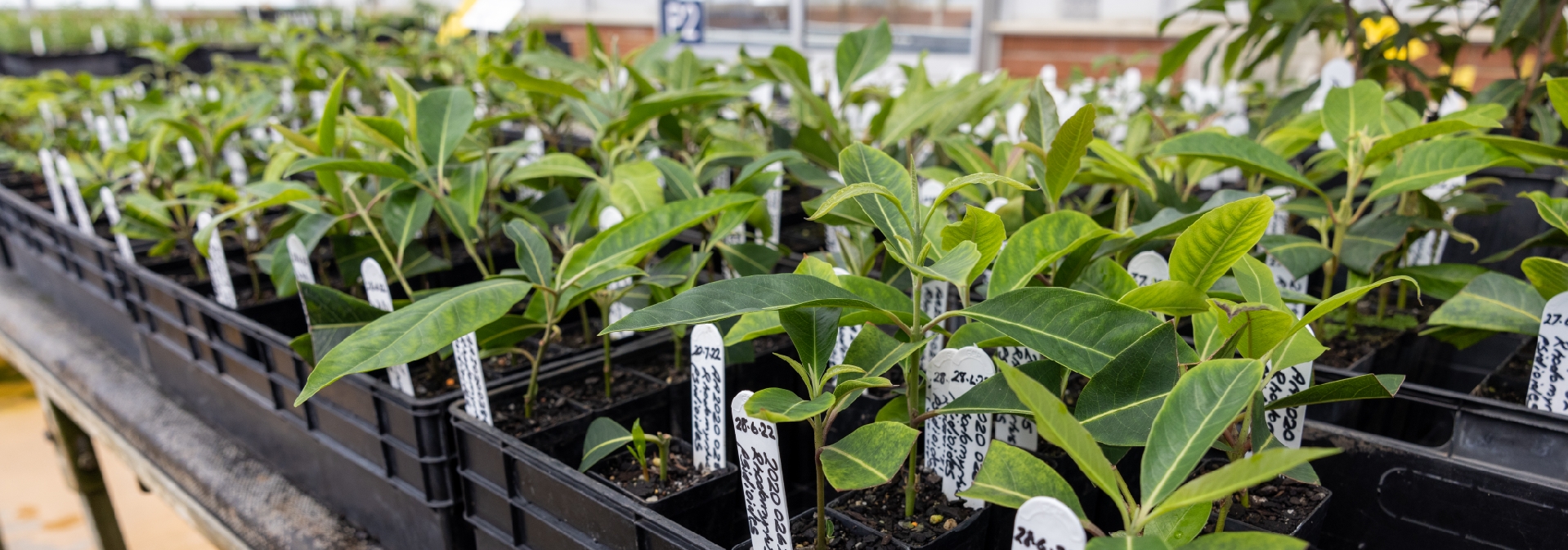ReCER’s research informs the conservation and restoration of resilient ecosystems. We have a team of over a dozen research staff writing reports and publishing papers that can help practitioners, planners and policy-makers conserve and restore native vegetation.
For our research outcomes to be truly useful they need to reach those practitioners and decision-makers. One of the tools we are using to help our research reach those who may benefit is to produce an annual booklet containing abstracts of all our publications. The 2022 publications booklet can be downloaded here.
In 2022, ReCER published 17 peer-reviewed papers, eight reports in support of the NSW Save our Species program and four other unpublished conservation genomic reports.
Many of our publications are open-access and can be downloaded from the links provided within. Other publications and unpublished reports can be requested from the authors.
In 2022, we also published a series of blog posts on using conservation genomics to help restore threatened ecological communities. In part 1, we describe why genetics is relevant to ecological restoration. In Part 2 we outline how restoration practitioners can use the Restore and Renew webtools to consider genetic information and climate change when sourcing material for restoration. And in part 3, we highlight how a new study is using the Restore and Renew webtools to help guide the restoration of Cumberland Plain Woodland, and ultimately, other threatened ecological communities.
Informing conservation & restoration of resilient ecosystems. 2022 Publications Booklet from the Research Centre for Ecosystem Resilience (#ReCER) available. #ecologicalrestoration #biodiversitymanagement #conservationgenomics #restorationgenomics
Happy reading. And for the keen among you, you can also download our 2020-2021 publications booklet.





